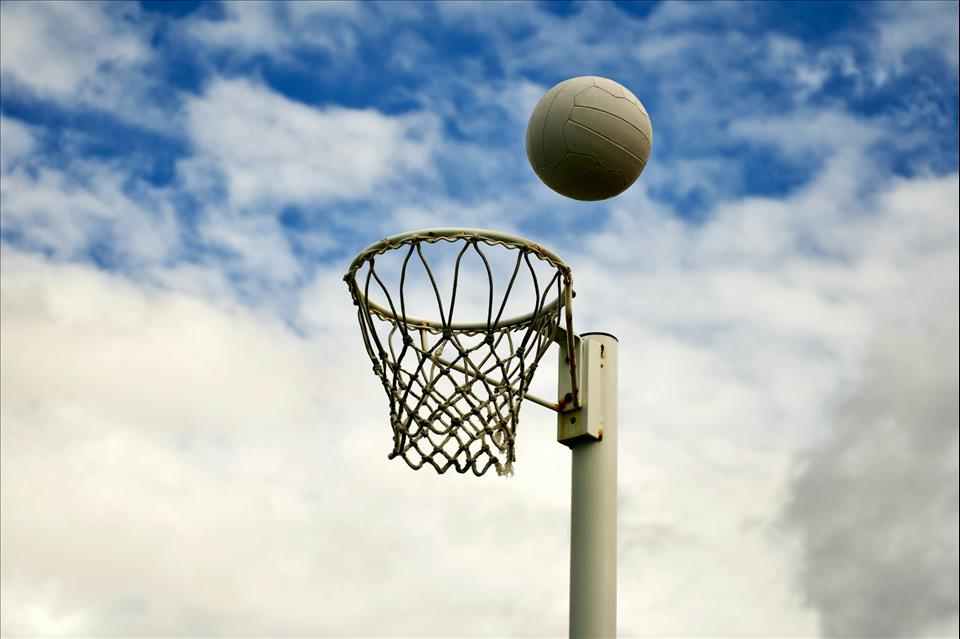
British Netball Wants To Turn Professional, But There Are Risks In Making Money The Goal
For Lightning's supporters, it was an emotional end to the season. But for another team, Severn Stars, it was a particularly poignant day. As well as losing their third place play off match, they also lost their place in the league as part of a restructure of netball's top tier .
And they're not the only ones. Five-time champions Team Bath and two-time winners Surrey Storm, alongside Scotland's only team, Strathclyde Sirens, will also not be part of the Netball Super League next season.
From 2025, the league will feature eight teams instead of ten. Those four teams have been kicked out, and the newly formed Birmingham Panthers and Nottingham Forest Netball added to the list instead.
The league explained the changes by saying it wants to make the sport professional – and more commercial – and capitalise on the surge in interest in women's sport, emulating successful leagues such as Australia's Suncorp Super Netball (which also has just eight sides).
According to the Netball Super League, the aim is to“develop the most competitive, commercially vibrant and captivating League in the world”. The bid to become a professional sport means paying players as full-time athletes, with fewer teams, smaller squads and fixtures played in bigger arenas – and a better product to sell to broadcasters and sponsors.
Research suggests that full-time athletes do tend to perform better , so the level of competition should improve. And fewer teams with smaller squads will allow for money to be freed up to be paid in increased wages.
Having bases in large cities may also increase match day attendance by having a large local population to sell to, and larger arenas to be able to put them all in. And the league has noted the importance of learning from (and collaborating with) other women's sports in its bid to grow.
But there are also risks in the move to make netball professional. For a start, women's teams and women's sport have been ignored and underfunded for decades, putting them at a financial disadvantage when compared to men's. Even women's football, which has seen massive growth in commercial and broadcasting income, still struggles financially.
Give and goOne of the tactics used by women's football is to lean on the resources of affiliated men's teams. This allows them to save on costs and help growth, as well as increasing brand awareness.
Netball appears to have recognised this by welcoming Nottingham Forest Netball into the new league. But having affiliated teams also carries risks . When Premiership rugby club Wasps went into administration in 2022 , it took the then Netball Super League team Wasps Netball with it.
And given the financial instability across men's football and other sports , affiliation will provide no guarantees in 2025. The day after the Netball final in June, Reading FC Women withdrew from the Women's Championship due to lack of funding to meet obligations.
Even where affiliation can bring benefits, such as allowing some matches to be played in larger stadiums, there can be issues. Chelsea have been criticised for playing matches in half-filled stadiums which is is seen as problematic for broadcasters (who want matches to look appealing) and organisers (who need to sell enough tickets to cover costs), and less appealing for players and fans.
The geographic reach of the new Netball Super League is also tricky. With no teams in the south of England (apart from London) or Scotland, a large part of the UK remains without a team in the sport's top tier.
This reduces accessibility for young players and fans, which is important not just for finding future athletes, but for filling the stands with fans and strengthening engagement with sponsors .
Another issue with geography is that bigger cities have more competition for viewers as they tend to host a larger number of sports teams. So netball will have to work very hard to find their place in what may already be a saturated market of sports consumption.
The new Netball Super League is an exciting prospect, with the potential to develop one of the largest female participation sports in the UK, where an estimated 1.3 million women and girls play. But there is much work to be done to achieve the goal of commercial success, and prevent the latest move being a shot in the dark.

Legal Disclaimer:
MENAFN provides the
information “as is” without warranty of any kind. We do not accept
any responsibility or liability for the accuracy, content, images,
videos, licenses, completeness, legality, or reliability of the information
contained in this article. If you have any complaints or copyright
issues related to this article, kindly contact the provider above.

















Comments
No comment